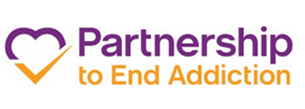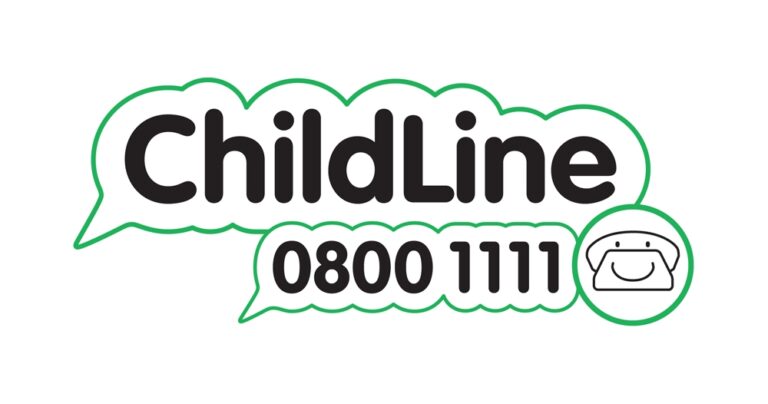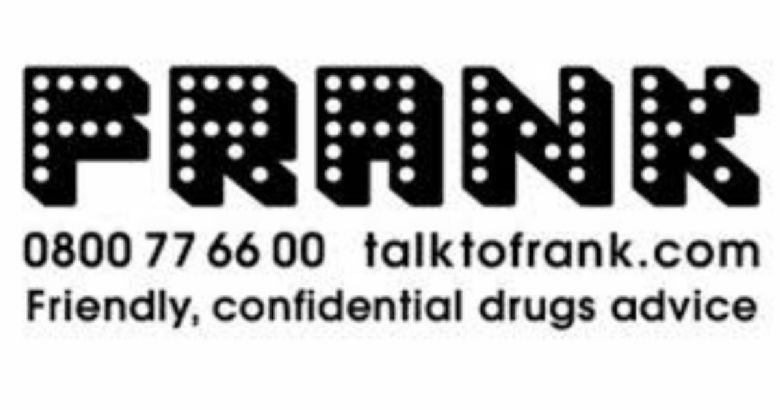Drugs, Vaping, Tobacco & Alcohol
Drugs
Drugs include illegal substances (e.g. heroin, cocaine and cannabis), misused household products (e.g. gases, glues and aerosols), some medicinal drugs and new psychoactive substances (aka so-called ‘legal highs’). It is now illegal to supply ‘legal highs’ for human consumption. Like many illegal substances, it is often unclear what they actually contain, and they can be harmful; giving another person a psychoactive substance can put them at risk.
Taking a drug means that someone is putting a substance into their body which makes them feel, think or act differently. Drugs can affect concentration and mood; this might result in someone doing something they later regret, e.g. having unprotected sex. Taking any form of drug can potentially be lethal and, as they affect everyone differently, there is a risk of overdosing even if this wasn’t intended. Also, it is difficult to be entirely sure what is in a drug and whether it has been mixed with another substance.
If your child is taking drugs, then this might simply be part of an experimentation phase, or a way of trying to cope with difficult feelings and stressful situations. Taking illegal drugs is not a part of normal everyday life for most young people, and most people who do try drugs do not continue to use them. However, you might want to consider getting support for your child and/or yourself if you feel they are using drugs regularly. If you have any concerns, then please contact the Safeguarding Team.
You might find it helpful to visit (right click on logo):
South Yorkshire Police - Vapes
Tobacco
Smoking is illegal under 18 years of age, and it is also an offence to sell, or buy tobacco products, including e-cigarettes for, children under 18. However, most smokers start smoking before they are 18; they are then likely to become addicted to nicotine and continue to smoke as adults.
Tobacco contains nicotine, which is an addictive substance. There are thousands of chemicals in tobacco smoke. These chemicals restrict blood flow to the skin. The younger someone is, when they start smoking, the more damage to their body later. By the mid-20s’, someone who has started smoking at a young age will already have more wrinkly, baggy skin than a non-smoker. Smoking also results in a range of health problems, including cancer.
You might find it helpful to visit (right click on logo):
Vaping
It is illegal for someone to sell vapes to anyone under the age of 18; it is also illegal for someone to buy vapes for an under-18. If you have concerns that someone is selling vapes to children, you can report this anonymously to: Trading.Standards@rotherham.gov.uk or 01709 823118.
Vaping is often used as a substitute for smoking cigarettes as it is considered less harmful. However, vapes contain nicotine and can therefore be addictive. They also contain toxins which can be poisonous. The long-term impact isn’t fully understood yet but vaping is likely to cause mouth and throat irritations, headaches and shortness of breath, and is thought to impact negatively on a child’s developing brain. Disposable vapes are also more difficult to regulate and may contain harmful and illegal substances. They may also be disguised to look like USB flash drives, pens and other everyday items.
You might also find it helpful to visit:
Alcohol
Drinking alcohol has short and long-term risks. Alcohol enters the bloodstream really quickly and is then carried into all the internal organs, including the brain, and results in someone feeling drunk.
Drinking alcohol negatively affects someone’s usual good sense and judgement. This means they might do something they later regret (which they might not remember as alcohol also affects memory). They might hurt themselves (alcohol is also a painkiller, and they might not realise how badly they have hurt themselves until later), they might get into a fight or argument, they might put their personal safety at risk and they might have unprotected sex.
In the long term, alcohol can damage the internal organs and is a factor in many types of cancer and life-limiting illnesses.
It is against the law for people under 18 years to buy alcohol or ask anyone else to buy them alcohol. However, children will often see adults having ‘a good time’ when they have drunk alcohol and see this as an acceptable way of having a good time.
If you have any concerns about your child, then please contact the Safeguarding Team.
You might find it helpful to visit (right click on logo):




